Who is the best composer of all time? To some musicians, the answer may seem obvious as most of these people are legends of the past.
However, some great composers aren’t as famous. From the cold lands of the Russian territories to the beautiful seasons of Italy, great composers were everywhere to be found.
Although hundreds of years old, their music still exemplifies the mastery of each of these composers, and in this post, we’re going to explore the lives of 21 of the greatest composers of all time and some of their most celebrated works. Read on!
1. Johann Sebastian Bach
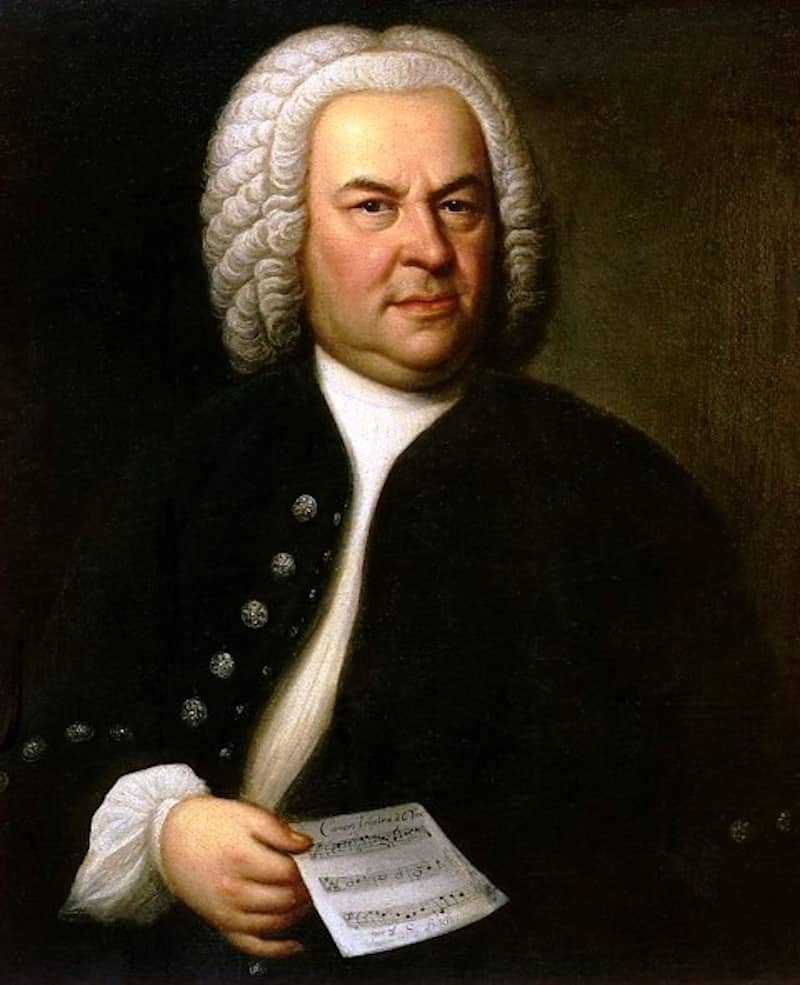
Holding the #1 spot in our list has to be none other than Johann Sebastian Bach, who is highly regarded as one of the best composers of all time.
He grew up in a musical family with parents who were composers, with many of his own children later going on to become musicians and composers too.
Throughout his career, Bach was a prolific composer, writing over 1,000 pieces of music, and many of his works went on to be the basis of harmony for music to this day.
Bach has many important pieces, but ones to check out would be his “Brandenburg Concertos” and his “Cello Suite No.1in G Major.”
2. Wolfgang Amadeus Mozart
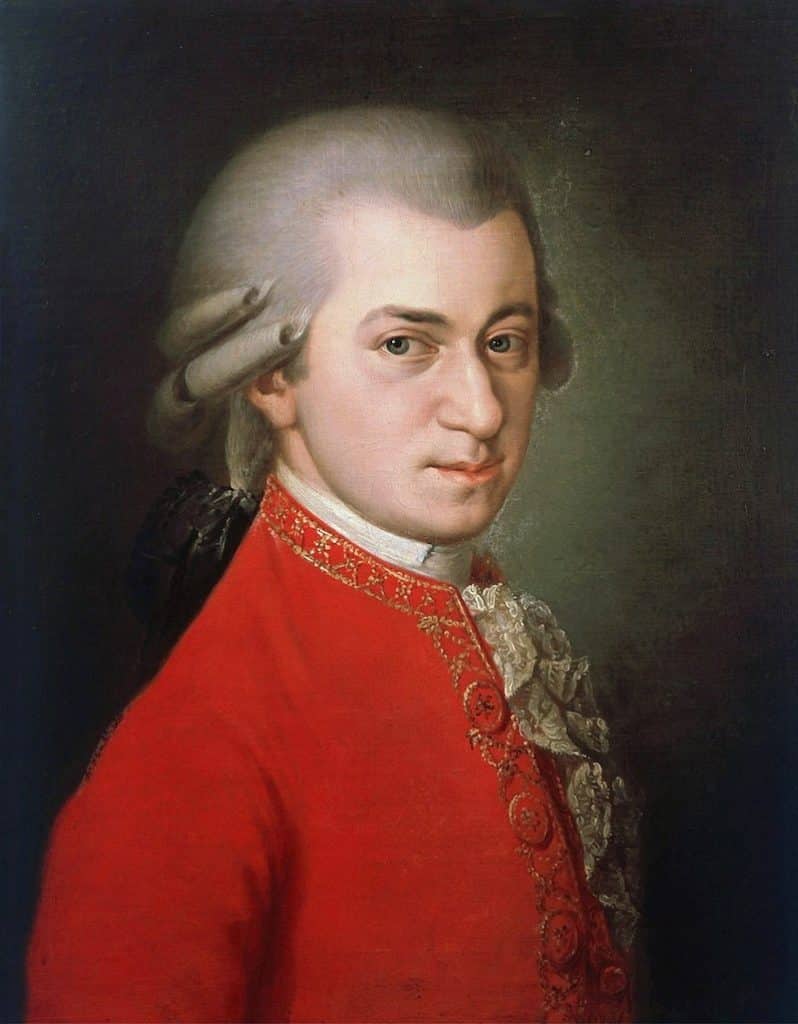
If there is one person who epitomizes the word composer, it is none other than Wolfgang Amadeus Mozart.
Born in Salzburg, Austria, in 1756, Mozart was a musical prodigy composing his first piece of music at the age of five. By the time he was eight, he had performed for royalty all across Europe.
Another prolific composer, Mozart, composed over 600 works; however, it was his later works that cemented his place as one of the greatest composers of all time.
His operas “The Marriage of Figaro” and “Don Giovanni” are still regularly performed today, and his symphonies (he wrote over 50 of them) are some of the most popular pieces of classical music ever written.
In short, Mozart’s genius continues to captivate audiences centuries after his death, making him one of the most enduring and important composers of all time.
3. Ludwig van Beethoven
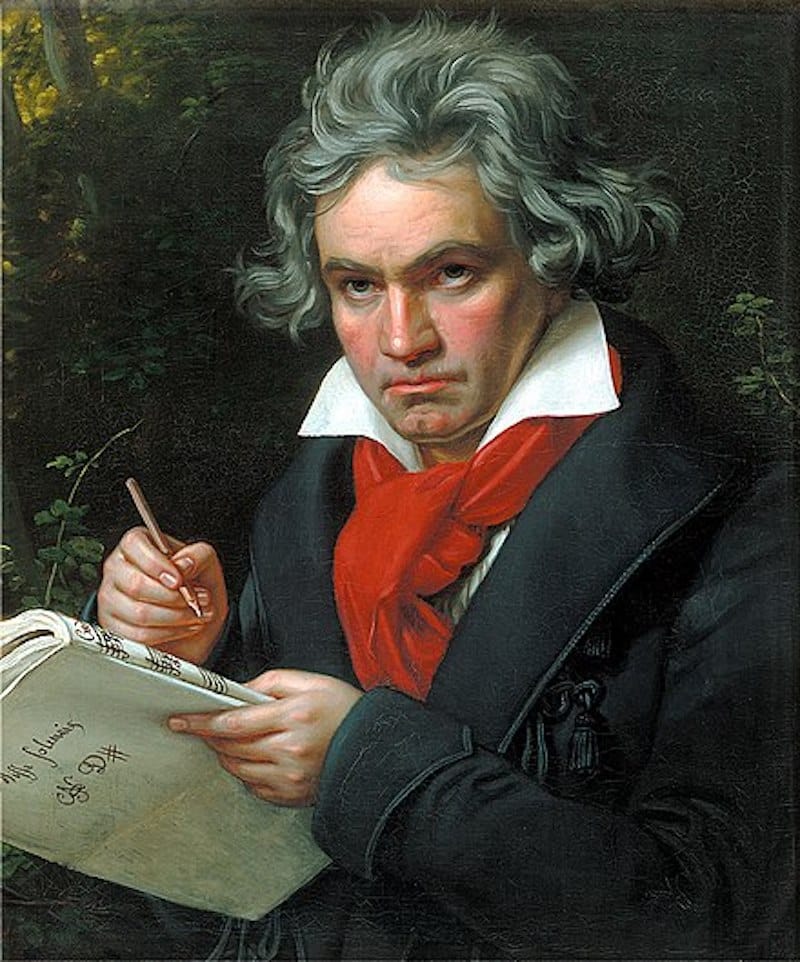
Even non-musicians will recognize the name Ludwig van Beethoven, who is widely considered one of the greatest composers in history.
Born in 1770, Beethoven began his musical training at an early age and quickly developed into a prodigy.
Some of his most loved pieces include his nine symphonies and some of his piano works, like “Fur Elise” and “Moonlight Sonata.”
Interestingly, as he aged, Beethoven lost his hearing, yet he still managed to compose. It’s said he would hold his head on the piano and feel the vibrations to “hear” the notes.
His music is characterized by its emotional power and technical mastery, and it continues to be performed and appreciated centuries after his death. In many ways, Beethoven set the standard for what we expect from great composers today.
4. Joseph Haydn
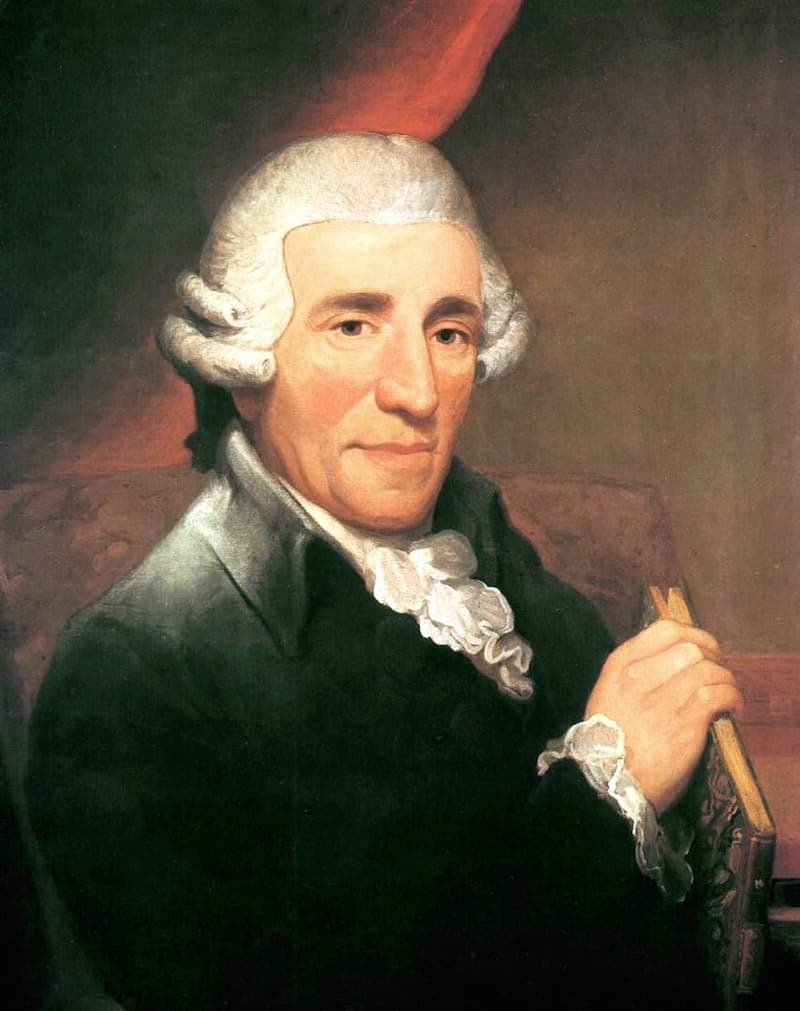
Often called the Father of the Symphony, Joseph Haydn was one of the most prolific and influential composers of the classical era.
Born in Austria in 1732, Haydn showed an early aptitude for music and was given rigorous training by his uncle, a professional musician. He went on to study with some of the leading composers of the day, and by his early twenties, he had established himself as a successful composer and performer.
He is best known for his innovative symphonies, which paved the way for the work of later composers such as Beethoven and Brahms. Some of his most popular works include his “Cello Concerto No 1,” “The London Symphonies,” and his “String Quartets, Op.64.”
Haydn’s influence on the development of classical music is impossible to overstate, and he remains one of the most revered composers of all time.
5. Claude Debussy
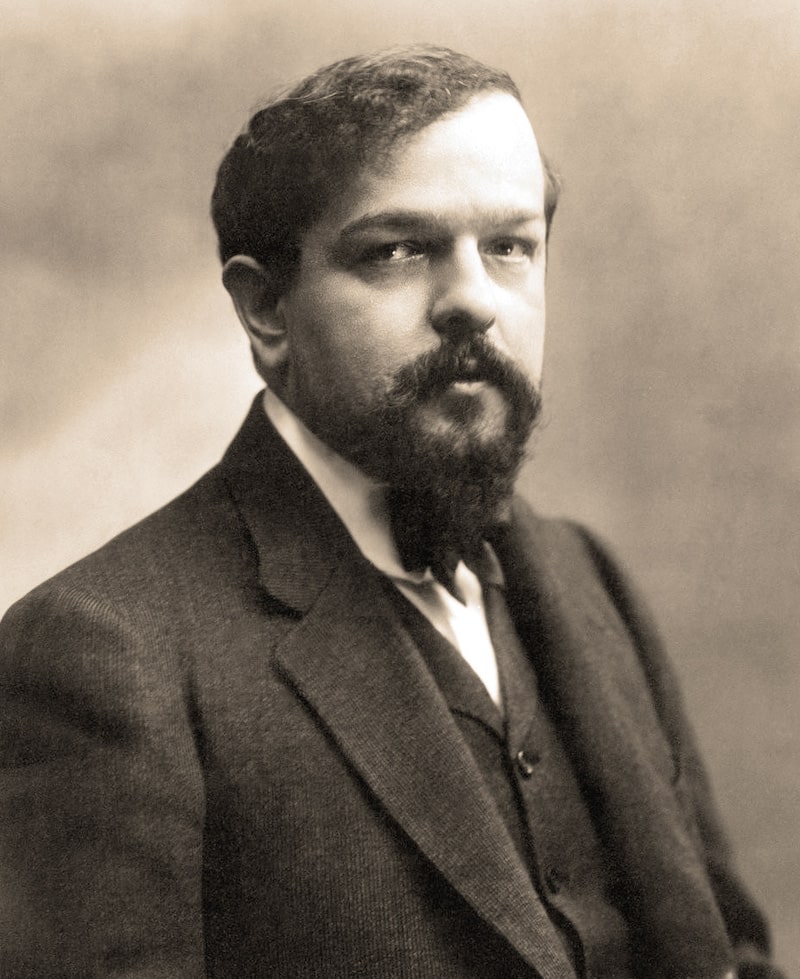
We now move on to France for Claude Debussy, considered the first Impressionist composer. Born August 22, 1862, Debussy was a child prodigy of music, showing great talent in playing the piano before he was even 10.
He then studied at Conservatoire de Paris under pianist Antoine François Marmontel and other notable musicians and composers of the time.
Often eschewing musical tradition, Debussy made his own way in creating more poetic melodies, thus influencing the Symbolist poetic movement of the 19th century.
With such an impact on music and art, it’s no wonder Debussy is considered one of the greatest composers ever lived. Prélude à l’après-midi d’un faune, Clair de lune, and Images are among his most enduring works.
6. George Frideric Handel
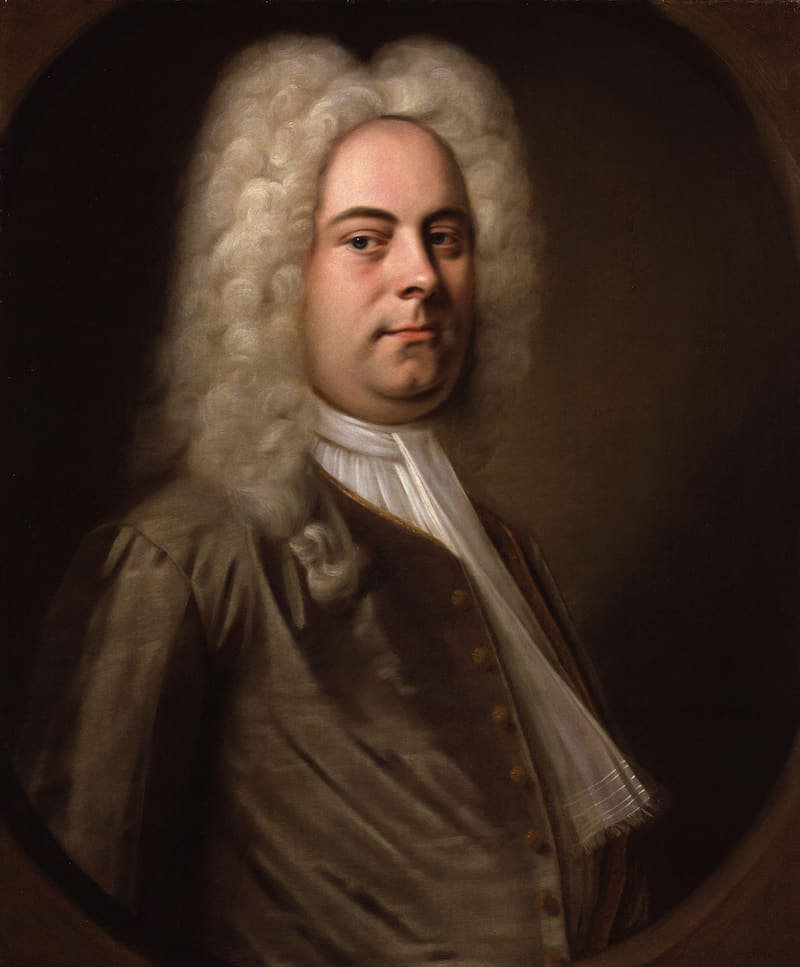
Born on February 23, 1685, German-born English composer, George Frideric Handel was gifted in music as a child, like other composers on this list.
He studied under Friedrich W. Zachow when he was young and eventually joined the opera orchestra in Hamburg before traveling through Italy between 1706 to 1710.
The years spent in Italy greatly influenced the style of his music, particularly his love for opera. The traditional conventions of Italian opera can be seen in many of his operatic works, including the enduring Giulio Cesare, Sosarme, and Alcina.
When the popularity of opera started to wane, Handel moved on to compose oratorios, which are considered even greater and more dramatic than his operas. Among these is the 1741 Messiah, the most frequently performed oratorio of all and most commonly known for its “Hallelujah Chorus.”
7. Frédéric Chopin

March 1, 1810, in Warsaw, Poland saw the birth of another virtuoso composer and pianist named Frédéric Chopin. Also a child prodigy, he was performing for royalty before he was 12.
Chopin moved to Paris in the 1830s, where his popularity rose, and he would be known as one of the most distinguished solo pianists of the Romantic period.
His compositions, of which there were over 200 for solo piano, have endured time and include a number of mazurkas (traditional Polish dances), études, nocturnes, waltzes, sonatas, instrumental ballades (which he is credited for creating), and many others.
Sadly, while he was not yet 30, Chopin’s health started to decline, and in 1849, he passed away at the age of 39.
Some of his works were posthumously published. Fantaisie-Impromptu is one of them we recommend listening to.
8. Pyotr Ilyich Tchaikovsky
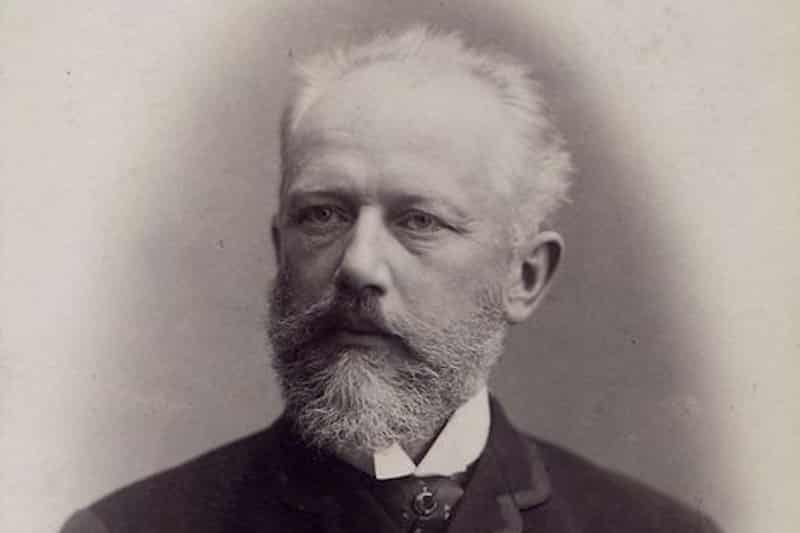
If you love ballet, then you must know the person behind the music: Pyotr Ilyich Tchaikovsky. He revolutionized ballet with the poignant and colorful orchestration we now know.
Born on April 25, 1840, the Russian composer started young in composing music and became one of the first students to study at the St. Petersburg Conservatory.
Swan Lake was his first ballet composition, around 1875; Sleeping Beauty followed a few years later, but his greatest work is the yearly performed Christmas classic The Nutcracker.
Unfortunately, after these three ballet works, Tchaikovsky would not be able to create more. He passed away from cholera on November 6, 1893. Nevertheless, his legacy left a significant impact that lasted centuries.
9. Johann Strauss II
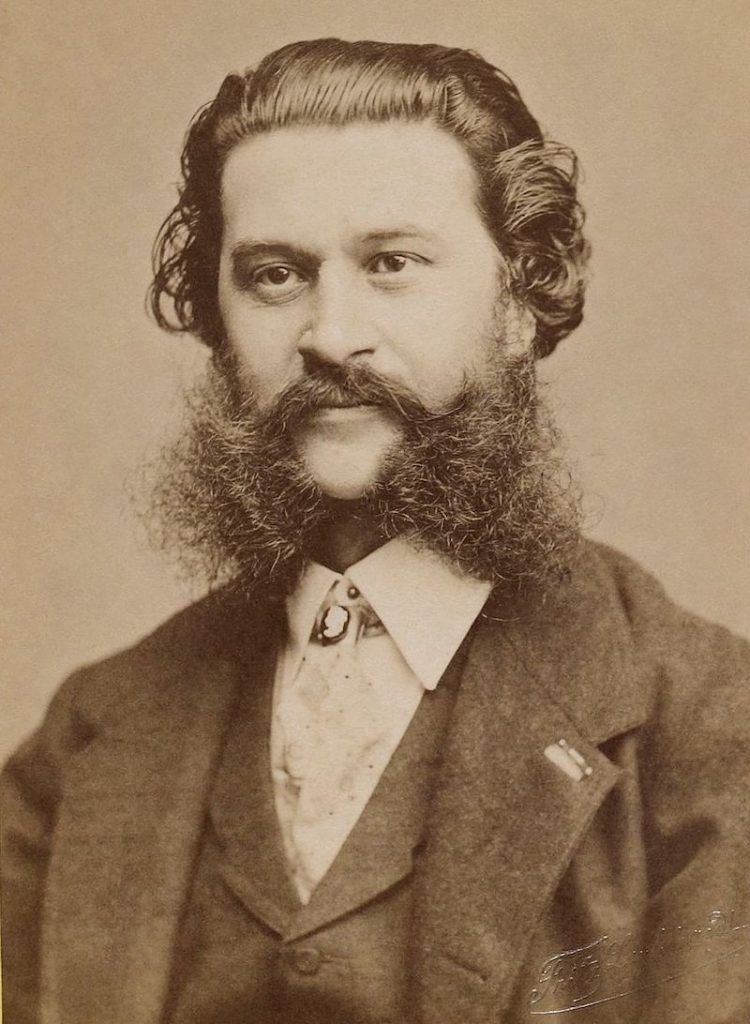
Johann Strauss Sr. never wanted his son to follow in his footsteps as a composer; he didn’t want Junior to experience the hardships of that career.
Nevertheless, Johann Strauss II—born on June 3, 1899, in Vienna—defied his father and secretly studied violin with recognized composers of the time and even founded a small orchestra.
And the classical music world is thankful for this defiance because, over the course of Strauss’s 73 years, he composed more than 500 waltzes, quadrilles, and other ballroom dance music.
Strauss Jr. surpassed the achievements of his dad, who was also a composer and eventually became known as the Waltz King. His most often-played piece is “The Blue Danube.”
10. Antonio Vivaldi

Italian composer Antonio Vivaldi was born on March 4, 1678, in Venice. His father, a professional violinist, taught him violin at a young age.
Vivaldi, however, did not immediately pursue a musical career. He became an ordained priest, and when he was forced to stop celebrating mass due to health issues, he focused on composing and being an opera impresario.
His works revolved around instrumental and sacred vocal music, and his concertos featured the fast-slow-fast movement considered classic today.
Though Vivaldi composed around 500 concertos and over 50 sacred vocal pieces, he was not as famous as his contemporaries while he was still alive. It was only in the early 20th century that he was rediscovered, and his masterpieces were revived.
11. Felix Mendelssohn
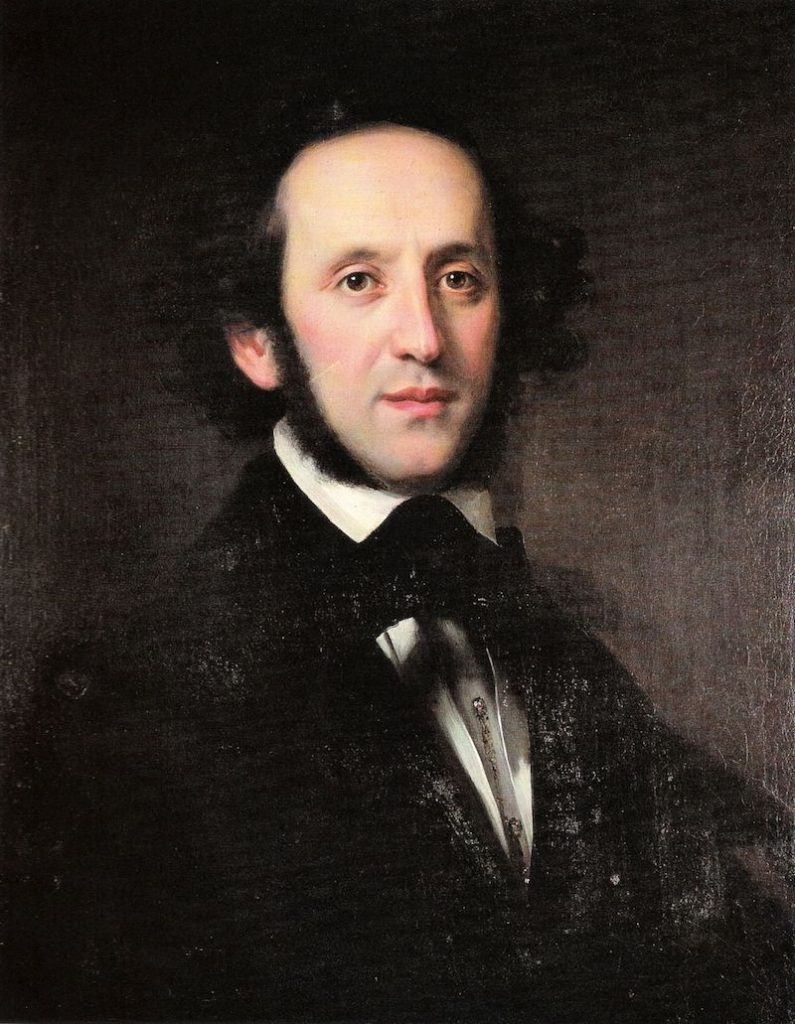
Next up, we have another celebrated Romantic-period composer. Born on February 3, 1809, Felix Mendelssohn was considered the 19th-century Mozart, and many thought he was even better.
Mendelssohn was a prolific and precocious composer; he studied piano at a young age, and before he was a teen, he had already created a number of musical masterpieces.
His works total over 700. Ones you might know are “A Midsummer Night’s Dream,” “Italian Symphony,” and even the classic Christmas song we love to sing, “Hark! The Herald Angels Sing.”
Unfortunately, the death of his sister, Fanny (also a musician and composer), in 1847 took a toll on Mendelssohn. He passed away soon after that same year; he was only 38 years old.
12. Richard Wagner
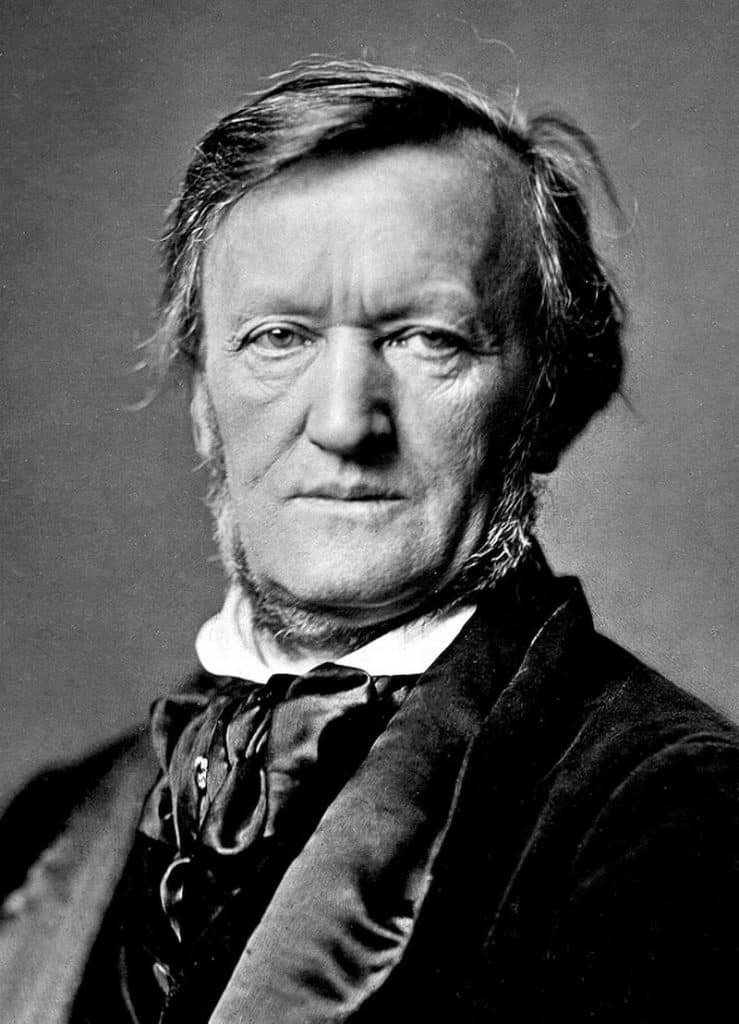
German composer Richard Wagner was born on May 22, 1813. He was a legend in musical drama, and unlike the others on this list who had tutors as children, Wagner taught himself to play the piano and composition when he was young.
The composer’s life was rife with controversies. He had many anti-Semitic views, and he was one of Hitler’s favorite composers. Some say his thoughts on Jews influenced Nazi thinking, and his works were played at concentration camps.
Despite the controversies over his beliefs, Wagner’s music still became a huge influence on musicians. In his 69 years, he composed over 100 pieces of music, including “The Flying Dutchman” and the legendary “Ring” cycle (Der Ring des Nibelungen), which lasts a whopping 15 hours.
Summing Up Our List Of Great Classical Composers
The sounds of old, which we now term classical music, are to our ears as honey is to our lips—it is ambrosia. The mood, emotion, and drama it evokes are on a different level from the music we usually listen to now.
However, even with the differences, its tremendous and timeless influence on music cannot be denied. The stories classical music tell has become cultural and important to our history.
And we have the men above to thank for. Without them, life certainly would have been different.
